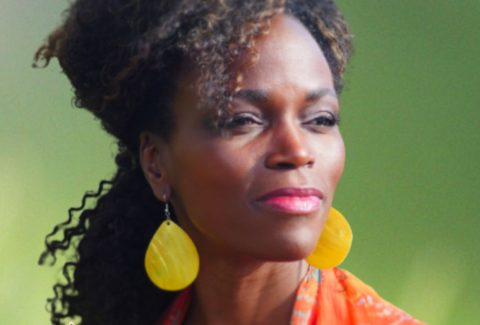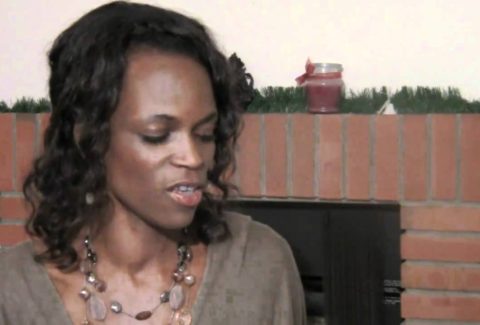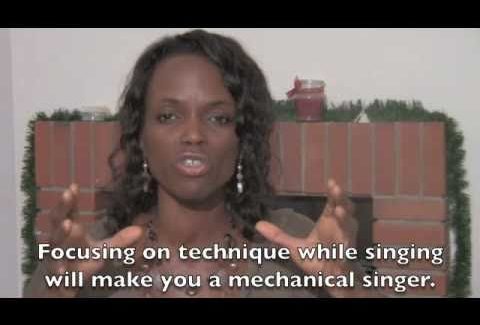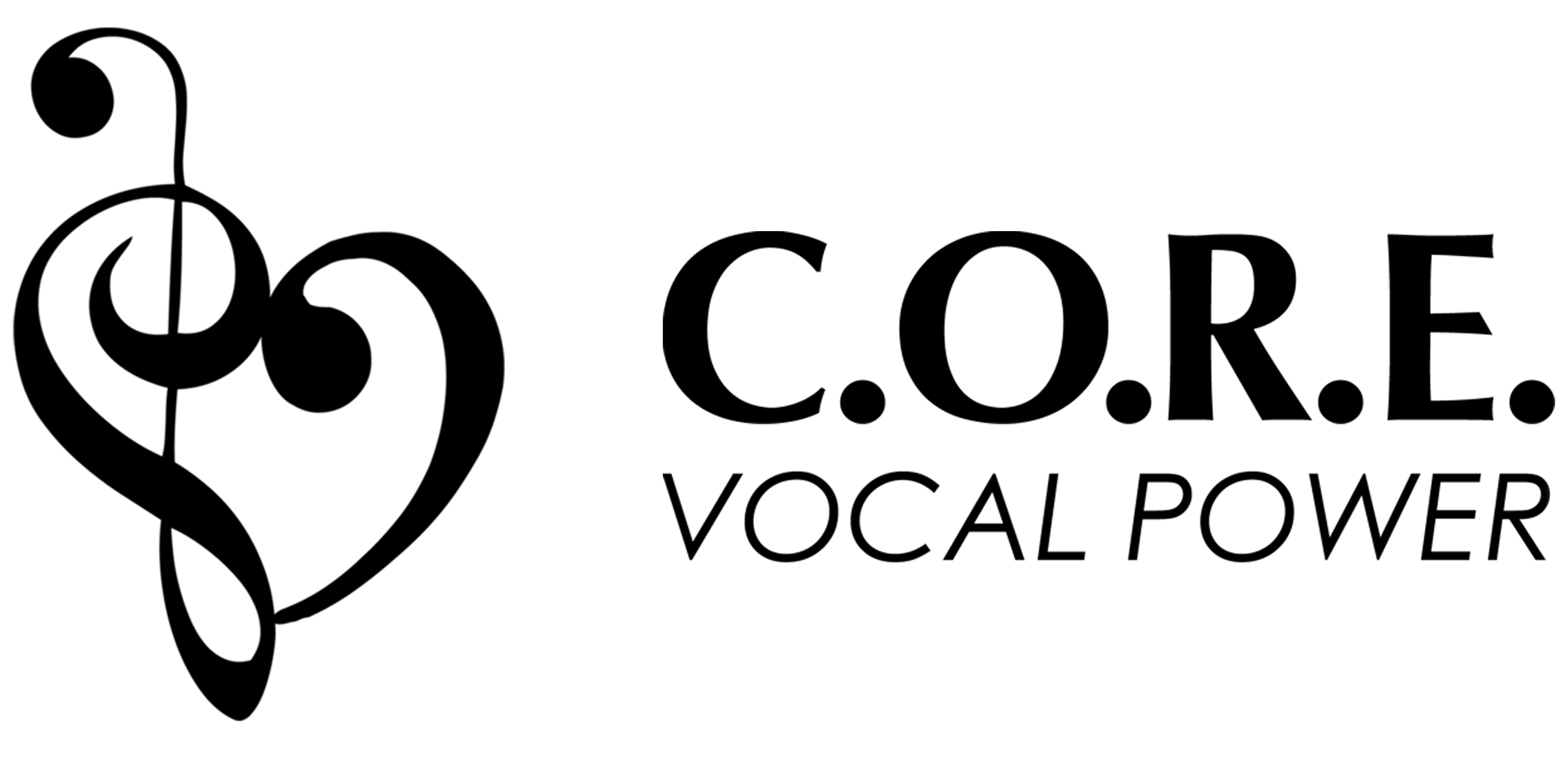How to Fall in Love with Your Voice
How to Fall in Love with Your Voice
Valentine’s Day is a day when we’re expected to express our love and appreciation towards others, but when it comes to singing, it goes much deeper than that. Now is the perfect time of year to talk about something all singers struggle with: How to love their voice without looking conceited.
Most singers tell me, “Dot, I don’t want people to think I’m conceited.” What happens over time, is that because the singer is afraid of looking conceited, she adopts a negative inner dialogue in her mind and eventually begins to believe the lies, resulting in a lower perception about herself that is not true.
The main problem with creating a reality like this, is that once we do so, we are no longer objective. (the “O” in CORE). In most instances, we then become self-sabotaging. We begin to tap into negative emotions like doubt, fear, impatience and discouragement, all in the name of not wanting to be labeled conceited! As a result, even if we are able to hit many notes and sing well, we don’t feel good about it and we’re not empowered as singers because we are creating and reinforcing dis-empowering neural-pathways in our brain. In simple terms, we can think of neural-pathways as “muscle memory” between the brain and nervous system. In order for us to be empowered it is important for us to create positive muscle memory in our physical body, and our minds when we sing.
YOUR CONFIDENCE DEPENDS ON YOUR INNER DIALOGUE
Surprisingly, over the past 14 years of working in the music industry, I have noticed one thing in common with more than 90% of singers: None of them are OBJECTIVE. In other words, they’re not able to observe themselves without judgement or bias. This is because science shows our brains are naturally wired to notice the negative. Notice how you think after you sing. Do you usually think, “Oh, that was amazing. My pitch was on, and I felt like I was just great!” Or do you usually say, “Dang. I could have done that better. I forgot the lyrics on that part and…”
You know the story. Unfortunately, this lack of “objectivity” and only focusing on the negative leads to a stream of problems along the road of dis-empowerment. Unlike playing a sport, singing is directly connected to your emotions, so if you tell yourselves you’re terrible, it will affect the underlying current of how you sound. On the other hand, if you really are a struggling singer, you want a truthful idea of where you stand.
The question is: how do you become objective?
3 WAYS TO BECOME an OBJECTIVE SINGER
1. Record yourself singing.
If you’re the kind of person who usually listens to and belittles yourself while singing, let the recorder be your ears, and when you listen back, notice what you LIKE ABOUT YOUR VOICE. Chances are, you’ve already tried noticing what you don’t like. Is that working for you? When you hear what you don’t like, don’t judge it. Just notice it and trust that it will get better with your practice, practice and positive persistence.
Adopt this empowering behavior during your vocal practice and always balance your practice in two ways:
a) Get the vocal technique correct (left brain – physical muscle memory)
b) Surrender to the feeling and message (right brain – mental/emotional muscle memory)
2. Seek advice from an non-relative expert .
Getting advice from a family member doesn’t always cut it. In most cases, they will either rip you to shreds because they know you, or tell you that you are incredible, because they know you. Either way, it’s best to go to someone who does NOT know you, but knows how to recognize your talent in an objective way. From this expert, you can learn how to KNOW your voice and become objective.
3. Practice Authentic Self Love.
This is the key ingredient to empowered singing, and the hardest for most people to do. If you can give yourself “permission to be who I am NOW” (Dot’s Peaceful Agreement #1) and simply love who you presently are, then you will feel safe enough to face the parts of your voice that are great, AND the parts that are not so great. From this OBJECTIVE space, you can build your voice without falling into the self-sabotaging traps that many singers do fall into. If you are truly confident, people will not accuse you of being conceited, because you are authentically aligned with who you really are. A person who is authentic is respected.
Most of us have to work hard to get to the place where we feel that authentic self love on the inside. Once we feel this, we create positive neural-pathways in our brain that support empowered vocal practice and a powerful performance.
It’s easy to talk about how we “should” be, but it’s a whole new thing to put to practice. My challenge to you, in order to help you have a more objective perspective about your voice and fall in love with it, is that beginning NOW, write down three things you love an appreciate about yourself every morning for the next 30 days in your CORE Vocal Power Journal. Learn to make friends with the parts of yourself that aren’t perfect, and watch what happens the next time you need to perform!
Happy Valentine’s Day!






Comments (4)
jr
Very true about how I can find myself looking at the bad in how I play my music and I know better than that. I have never had formal lessons for voice but guitar I have. i love music and playing it drives me and gives me a release. Thanks for the reminder. 🙂
Dot
Any time. Yes, singing uses a different muscle than guitar, so I’m very happy you’re going to focus on the positive in all aspects of your performance. You really do get more of what you focus on! Thanks for your input!
Vanessa
Dot, you rock, you are such an amazing and empowered woman, thanks for everything
Dot
Thank you sweet Bovisha! Would love updates. It has been ages.